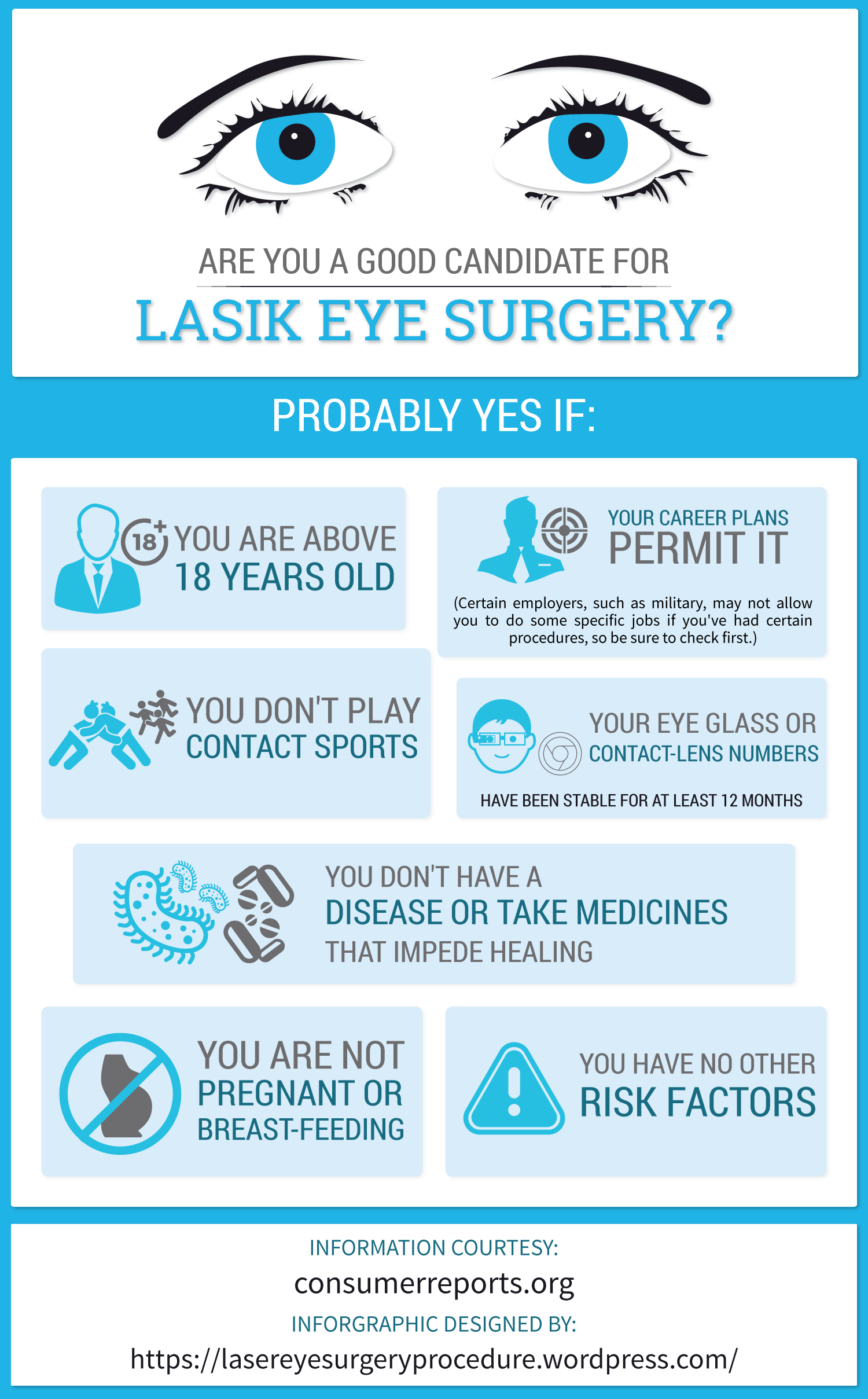Thinking About SMILE Surgical Procedure? Reveal Significant Factors To Consider And Understandings To Support You In Making A Smart Option Concerning Your Vision Ahead
Thinking About SMILE Surgical Procedure? Reveal Significant Factors To Consider And Understandings To Support You In Making A Smart Option Concerning Your Vision Ahead
Blog Article
Material Develop By-Hollis Patel
If you're considering SMILE eye surgical procedure, ponder this: are you prepared to embrace potential aesthetic freedom, or does the thought of any type of threats make you wait? Your choice will depend upon a careful balance of weighing the benefits against the uncertainties. It's critical to dig much deeper right into the nuances of SMILE surgery to make an enlightened choice that aligns with your visual objectives.
Comprehending SMILE Eye Surgical Treatment
When taking into consideration SMILE Eye Surgical treatment, it's important to recognize the treatment and its benefits. SMILE, which represents Tiny Laceration Lenticule Removal, is a minimally invasive laser eye surgery that deals with typical vision problems like myopia (nearsightedness).
Throughout the treatment, your eye doctor will make use of a femtosecond laser to create a tiny laceration in your cornea. Via this laceration, a small disc of cells called a lenticule is gotten rid of, reshaping the cornea and correcting your vision.
One of the essential advantages of SMILE Eye Surgery is its fast recovery time. Lots of people experience boosted vision within a day or more after the procedure, with marginal pain.
Furthermore, SMILE is understood for its high success rate in giving long-lasting vision modification. Unlike LASIK, SMILE does not require the production of a flap in the cornea, minimizing the risk of issues and allowing for a more secure corneal framework post-surgery.
Recognizing Cataract Surgery Both Eyes At The Same Time and its benefits is critical when thinking about SMILE Eye Surgery for vision modification.
Advantages and disadvantages of SMILE
Thinking About SMILE Eye Surgical procedure for vision modification features different benefits and prospective drawbacks.
One of the main pros of SMILE is its minimally intrusive nature, as it entails a little laceration and typically leads to quick recovery times. The procedure is also understood for causing minimal discomfort and dry eye signs post-surgery contrasted to other vision correction approaches. Furthermore, SMILE has actually been revealed to offer exceptional visual results, with many clients attaining 20/20 vision or better.
On the other hand, a possible disadvantage of SMILE is that it may not appropriate for people with severe refractive errors, as the therapy range is somewhat minimal compared to LASIK. An additional factor to consider is that the understanding curve for specialists executing SMILE can impact the accessibility of seasoned companies in certain locations.
It is essential to consider these pros and cons meticulously when making a decision if SMILE is the right selection for your vision correction demands.
Establishing Eligibility for SMILE
To identify if you're qualified for SMILE eye surgical procedure, your ophthalmologist will carry out a thorough assessment of your eye wellness and vision demands. During this analysis, aspects such as the security of your vision prescription, the thickness of your cornea, and the general wellness of your eyes will certainly be evaluated.
Usually, pop over here for SMILE more than 22 years of ages, have a stable vision prescription for a minimum of a year, and have healthy corneas without conditions like keratoconus.
Your eye doctor will certainly also consider your overall eye wellness, any existing eye conditions, and your lifestyle needs to establish if SMILE is the best selection for you. It's vital to communicate any type of particular aesthetic needs or concerns you may have throughout this evaluation to ensure that the treatment lines up with your expectations.
If you aren't qualified for SMILE, your optometrist may suggest different vision modification options that far better suit your individual requirements and eye health status.
Conclusion
Ultimately, determining whether SMILE eye surgical procedure is right for you calls for mindful factor to consider of your private eye health and visual demands. Seek advice from your optometrist to identify your eligibility for the procedure and evaluate the possible advantages and drawbacks. Bear in mind to communicate any kind of concerns or inquiries you may have throughout the assessment procedure to make an educated decision regarding your vision adjustment options.
